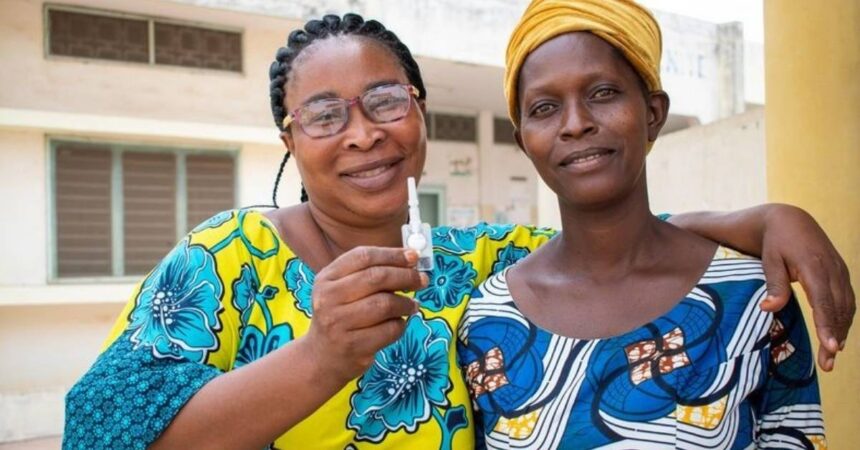[ Click here for the French version ]
By Sarah Johnson, Women’s Health Advocate, and John Smith, Public Health Expert
Every two minutes, a woman loses her life due to pregnancy or childbirth complications. The impact of maternal mortality extends far beyond the delivery room, affecting children, families, communities, and economies. The majority of these deaths are preventable with access to modern contraceptives, skilled birth attendants, and quality prenatal and postnatal care. It is crucial to ensure that women and girls in the West African Economic and Monetary Union countries have access to these essential interventions to make informed decisions about their health and future, ultimately increasing their chances of survival.
In the WAEMU countries, maternal mortality rates are the highest globally. Research shows that only 13% of married women aged 15–49 use family planning methods, highlighting the urgent need to address barriers such as cultural stigma, financial constraints, and lack of information. These factors contribute to unplanned pregnancies, posing risks to women’s lives and perpetuating cycles of economic instability.
Challenges in accessing contraceptives in West Africa are exacerbated by disruptions in the supply chain, including delays in procurement, inadequate storage facilities, and logistical bottlenecks. This results in frequent shortages of essential contraceptives in clinics and pharmacies, especially in rural areas. To address this issue, there is a critical need for stronger regional supply networks and investment in local manufacturing to ensure consistent access to contraceptives and reduce the risks of unintended pregnancies, unsafe abortions, and health complications.
The Ouagadougou Partnership has made significant strides in expanding access to family planning in West Africa, with over 3.8 million additional women and girls using modern contraception since 2011. However, further investment in regional supply networks and local manufacturing is essential to reach more women in need.
Over the past two decades, the Gates Foundation has collaborated with various stakeholders to improve women’s health in West Africa. Governments must prioritize funding and implementation of family planning initiatives, while the private sector should innovate to expand access to quality maternal healthcare. Investing in women’s health today not only improves individual lives but also contributes to a stronger and more resilient West Africa.








